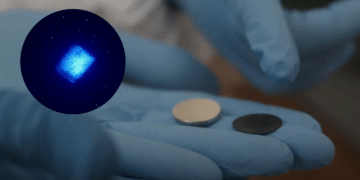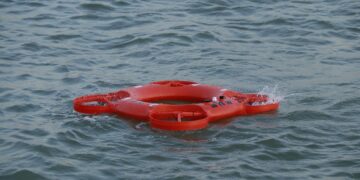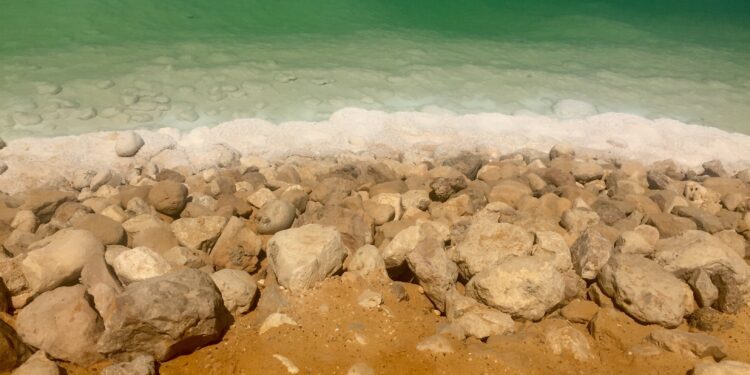In today’s fiercely competitive business landscape, companies are constantly seeking new ways to stand out and achieve sustainable growth. One approach that has garnered significant attention in recent years is the Blue Ocean Strategy. This strategy encourages organizations to create uncontested market spaces, where competition becomes irrelevant, by focusing on innovation and value creation. An intriguing application of the Blue Ocean Strategy can be observed in the unique industry of Dead Sea products, where innovation has paved the way for exceptional growth and success.
1. Understanding the Blue Ocean Strategy
The Blue Ocean Strategy, developed by W. Chan Kim and Renée Mauborgne, posits that businesses can thrive by simultaneously pursuing differentiation and low cost. Unlike the traditional “Red Ocean” of fierce competition, a “Blue Ocean” is an untapped market space with no rivals. Instead of battling for market share, companies are encouraged to create new demand and explore uncharted waters.
2. The Dead Sea: A Natural Resource of Remarkable Properties
The Dead Sea, renowned for its high salinity and mineral-rich content, has been a source of fascination for centuries. Its waters and mud are packed with essential minerals like magnesium, calcium, potassium, and bromide, all of which offer numerous therapeutic benefits for the skin and body. Due to its unique properties, Dead Sea mud and salt have become increasingly popular in the beauty and wellness industry.
3. Leveraging Innovation in Dead Sea Product Development
In recent years, companies specializing in Dead Sea products have embraced innovation as a crucial element of their success. They have not only utilized the natural resources of the Dead Sea but also conducted extensive research and development to create new and effective products. Innovations include advanced extraction techniques, specialized formulations, and cutting-edge packaging to enhance user experience.
4. Blue Ocean Strategy in the Dead Sea Product Industry
By combining the principles of the Blue Ocean Strategy with innovation, several companies have carved out a distinctive niche in the market. Instead of competing head-to-head with mainstream skincare brands, they have identified specific target audiences seeking natural and therapeutic products. This approach has enabled them to tap into unexplored market segments and create a demand for their unique offerings.
5. Building a Loyal Customer Base
A key aspect of the Blue Ocean Strategy is creating value for customers, and Dead Sea product companies have excelled in this area. By focusing on quality, authenticity, and the proven benefits of their products, they have built a loyal customer base that appreciates the tangible results these products offer.
6. Sustainability and Ethical Considerations
The success of Dead Sea product companies also lies in their commitment to sustainability and ethical practices. As the world becomes more environmentally conscious, customers are increasingly drawn to brands that prioritize eco-friendly sourcing and production processes. These companies have embraced responsible practices to preserve the unique environment of the Dead Sea and its resources for generations to come.
Conclusion
The Blue Ocean Strategy, when combined with innovation, has proven to be a powerful approach for companies in the Dead Sea product industry. By tapping into unexplored market spaces and leveraging the remarkable properties of the Dead Sea, these companies have not only achieved success but have also made a positive impact on their customers and the environment. As other industries seek to find their own Blue Oceans, they can draw inspiration from the success story of Dead Sea product companies and embark on a journey of innovation and value creation.
#deadseaproducts #blueoceanstrategy #innovation
Author:Dr. Tareq F. Tamimi
































